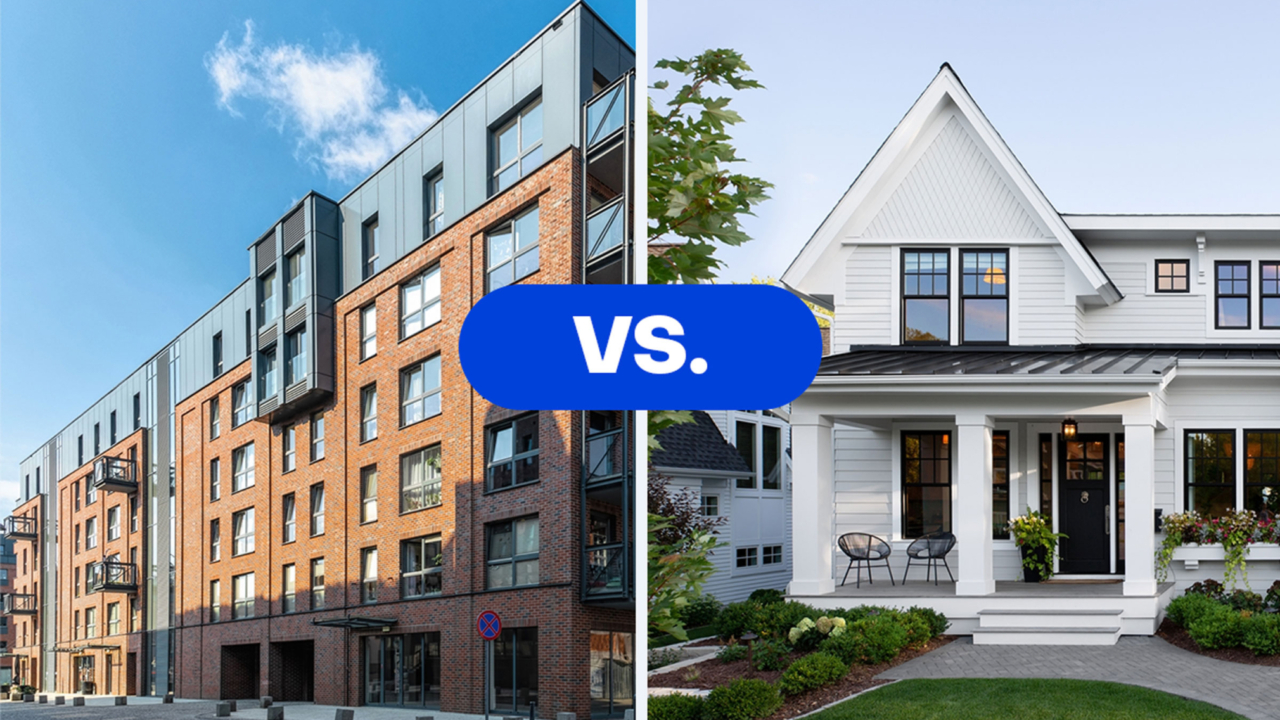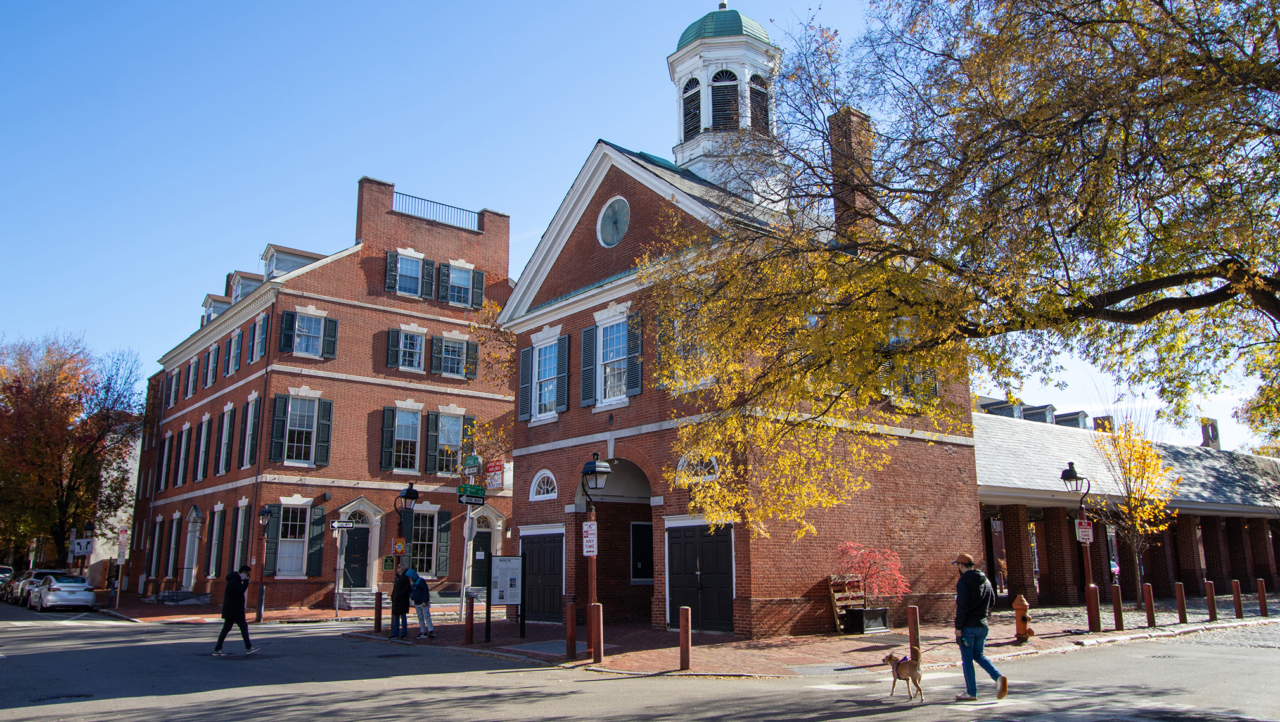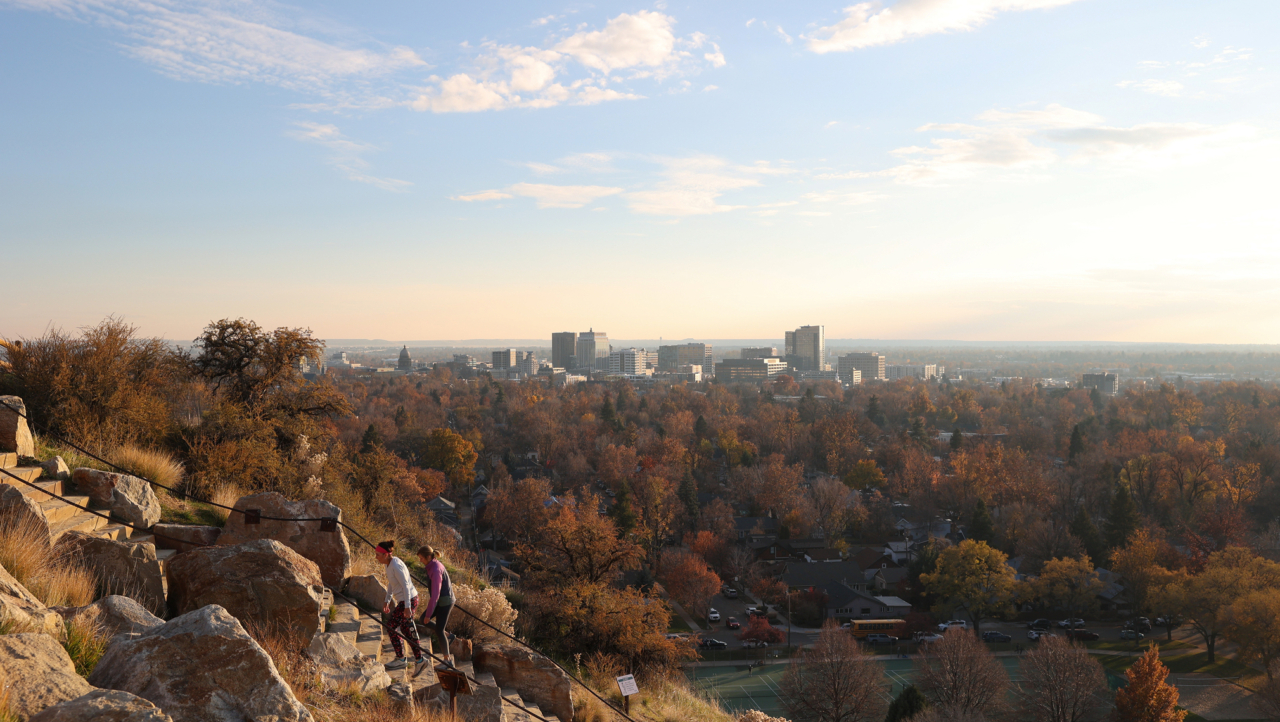6 min read
How Much Should I Save for an Apartment?


Written by Jennifer Lyons on October 15, 2025
Edited by Alycia Lucio
When you’re planning to rent an apartment, it’s easy to think that the only cost you’ll need to worry about is the rent itself. But the truth is that being a renter involves several upfront as well as ongoing expenses. To avoid any surprises, it’s important that you understand all the costs associated with renting so you can budget accordingly.
The average rent for an apartment here in the United States currently sits right around $2,100 per month, according to Zillow. Of course, rental prices can vary significantly depending on the location, with West Virginia's average rental rate around $1,180 per month, compared to Hawaii's sky-high average of $3,100 per month.
Before diving into your apartment search, it's important to know that rent is just one piece of the puzzle. Let’s break down all the costs you’ll need to consider when saving for your next apartment so you’re fully prepared for what's to come.
Rent: $2,100–$3,000 (or more)
Your rent will likely be the biggest recurring expense in your budget, and while the amount can vary depending on your location, apartment size, and the number of bedrooms, you’ll have all the details laid out in your lease before you even step foot inside.
Beyond saving for your rent, it’s a good idea to build an emergency fund with 3 to 6 months' worth of living expenses. This extra cushion can help ease the worry of unexpected costs or job changes, giving you the confidence and peace of mind to face whatever comes your way.
Security deposit: $750–$1,000
When you rent an apartment, landlords typically require a security deposit, which is a one-time upfront cost meant to cover any potential damages to the property or if you skip out on rent. According to Zillow’s Housing Trends Report 2024, the median security deposit for an apartment is $750. For single-family homes, that amount can be higher, with the typical deposit at $850.
If you take good care of your rental property, there's a good chance you'll get your security deposit back when it’s time to move out. However, if you’re moving into a pet-friendly apartment, it’s important to be prepared for either a higher security deposit or a monthly pet fee. This helps cover any potential damage that pets may cause, but it’s all part of landlords making sure their property is well taken care of.
First and last month’s rent: $4,200–$6,000
In some cases, landlords require both first and last month’s rent as part of the leasing agreement. This is another upfront cost that you’ll need to save for when budgeting for your new place. So, if your rent is $2,100 per month, you’ll need to save around $4,200 (first and last month’s rent) before you move in.
Application fee: $50
The application fee is usually a one-time payment that covers the cost of a credit check and the processing of your rental application. Renters in the U.S. typically pay around $50 for their application fees, according to Zillow’s 2024 research. The fee might vary depending on the property and location, so make sure you ask your landlord about any additional fees before applying.
Moving costs: $500 / $1,000-$3,000
The cost of moving will really depend on how far you’re relocating, what you’re moving, and whether you’re handling the move yourself or hiring professionals to do it for you. On average, people moving within 5-10 miles spend about $500 on moving expenses, but costs can go much higher if you’re moving longer distances or have a lot of belongings.
If you’re moving cross-country or hiring professional movers, costs can range anywhere from $1,000 to $3,000 dollars. You can try to save by moving yourself or asking friends to help out, but if you do need professional assistance, make sure to request quotes and get reviews from multiple moving companies.
Utilities: $150 per month
Utilities are often not covered by your rent, meaning you’ll need to factor in these expenses separately. On average, renters can expect to pay around $150 per month for utilities such as electricity, gas, water, and garbage. Keep in mind that your utility bill can fluctuate based on multiple factors, including apartment size, energy efficiency, and your personal usage.
In some cases, your landlord may include certain utilities like water or trash removal as part of the rent, but it’s always important to clarify these details before signing the lease. Learn more about utility costs for apartments.
Renters insurance: $12 per month
Renters insurance may not be the first expense you think about when budgeting for your new place, but it's an important one to consider. On average, renters spend about $148 a year, or roughly $12 a month, for this affordable coverage. It’s there to protect your belongings in case of fire, theft, or other unexpected events, giving you peace of mind that your personal property is safeguarded.
While renters insurance isn’t always required, it’s a smart investment to protect not only your possessions, like furniture, electronics, and clothing, but also to cover liability in case someone is injured in your apartment. Keep in mind that renters insurance prices can vary by state, but the good news is you can easily get a personalized quote from Zillow Insurance Services in less than five minutes.
Furnishings and other considerations: varies
As you settle into your new apartment, you'll want to pick up a few essentials like cleaning supplies, toiletries, and food for your fridge. You might also need to budget for things like window coverings, shower curtains, or appliances if they aren't already provided. If you’re renting a single-family home, you may also be responsible for providing your own washer and dryer, which could add to your upfront costs.
Furnishing your place can feel overwhelming at first, especially if it’s your first apartment. Furniture costs can add up, but don’t worry, just take your time. Look for great deals, prioritize the essentials, and gradually build your space, so you don’t feel the pinch all at once. And don’t forget to consider setup fees for utilities or internet, which might be necessary when getting settled.
How much should you budget for an apartment?
For upfront apartment costs, plan to save between $5,500 and $8,050 to cover the security deposit, application fees, first and last month's rent and moving costs. For ongoing apartment expenses after you've moved in, save up between $2,262 and $3,162 each month to cover rent, utilities and renters insurance. These costs are only estimates. You may spend less or more depending on where you're renting and the size of your apartment.
Once you’ve saved up enough for all these expenses and feel confident in your budget, it’s time to start your apartment search. Use the Renter Search Center to find listings in your area and start narrowing down the perfect apartment for your needs.
Understanding these costs will give you peace of mind and help make sure that you’re well-prepared for your new rental. Whether you’re moving into your first place or just relocating, being financially prepared is the key to making the process as smooth as possible.
Find an apartment you’ll love on Zillow
With Zillions of up-to-date listings and filters for your must-haves, it's easy to find your perfect apartment on Zillow Rentals.
Search rentals


